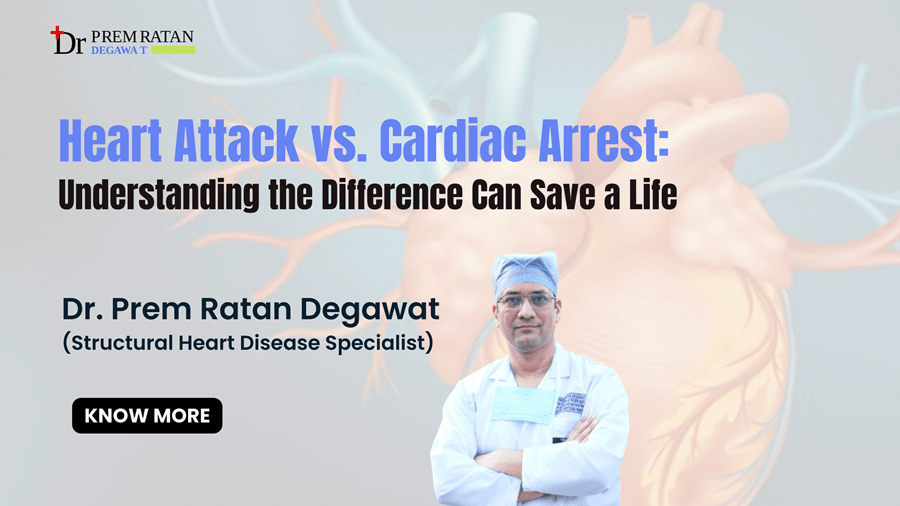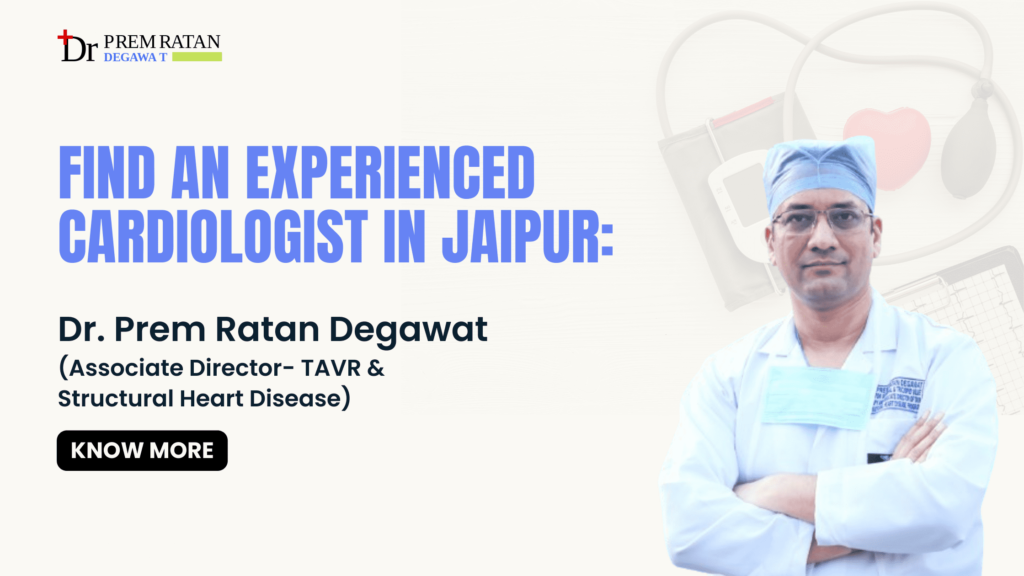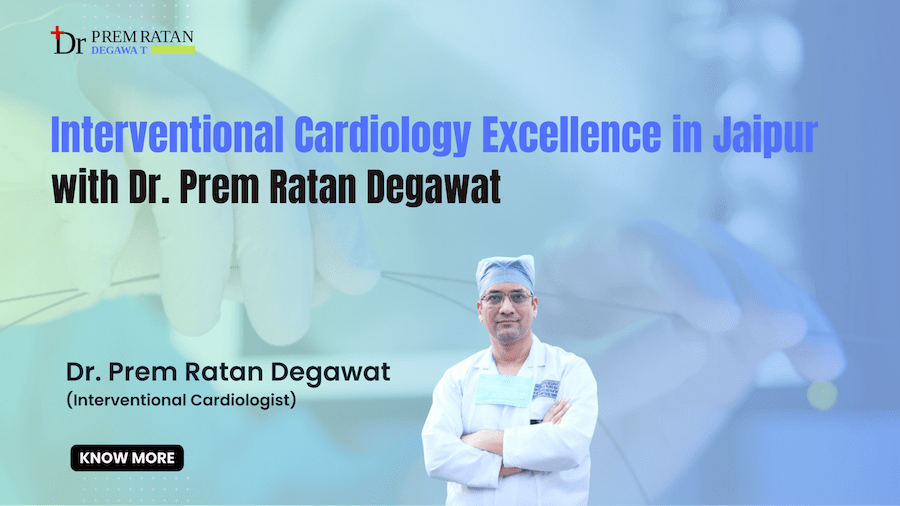In the fast-paced world we live in, ignoring even minor health concerns can be tempting. But when it comes to your heart, understanding the difference between a heart attack and cardiac arrest can be the difference between life and death. Both are serious medical emergencies, but they have distinct causes and symptoms. Let’s delve deeper and equip ourselves with potentially life-saving knowledge.
Heart Attack: A Blood Flow Blockage
Think of your heart as a tirelessly pumping engine that keeps your body functioning. It needs a constant supply of oxygen-rich blood to perform its vital task. A heart attack occurs when a coronary artery, responsible for delivering blood to the heart muscle, gets blocked. This blockage can be caused by a buildup of fatty deposits (atherosclerosis) or a blood clot.
Symptoms of a Heart Attack:
- Chest pain or discomfort: This is often the most prominent symptom, described as a squeezing, pressure, or tightness in the chest. The pain may radiate to the arms, jaw, neck, or back.
- Shortness of breath: You might feel a sudden difficulty catching your breath, even when at rest.
- Nausea, vomiting, or indigestion: These can be surprising symptoms of a heart attack, especially in women.
- Cold sweat: A feeling of unexplained sweating can accompany the chest pain or discomfort.
- Lightheadedness or dizziness: This could be a sign that your blood pressure is dropping due to reduced blood flow from the heart.
What to Do During a Heart Attack?
Time is of the essence! Every minute counts when it comes to a heart attack. Here’s what you should do:
- Call emergency services immediately. Don’t hesitate to call for help, even if you’re unsure if it’s a heart attack.
- Aspirin: If you haven’t had a previous allergic reaction, chew on a regular-strength aspirin tablet while waiting for help. Aspirin can help thin the blood and reduce clot formation.
- Stay calm and relaxed. Lie down in a comfortable position and try to take slow, deep breaths.
Cardiac Arrest: An Electrical Malfunction
Unlike a heart attack, cardiac arrest isn’t caused by a blocked artery. It’s a sudden malfunction in the heart’s electrical system, causing the heart to stop beating effectively. This disrupts blood flow throughout the body, depriving organs of vital oxygen.
Symptoms of Cardiac Arrest:
- Sudden collapse: This is the most immediate and noticeable symptom. The person might lose consciousness without any warning.
- No pulse: If you can’t feel a pulse in the wrist or neck, it’s a sign of cardiac arrest.
- No breathing: The person might not be showing any signs of normal breathing, such as chest movement.
What to Do During a Cardiac Arrest?
Cardiac arrest requires immediate action. Every second counts to increase the chances of survival. Here’s what you should do:
- Call emergency services immediately. This is the single most important step.
- Begin CPR (Cardiopulmonary Resuscitation) if you are trained. CPR helps maintain some blood flow to vital organs until medical help arrives.
- Use an automated external defibrillator (AED) if available. An AED is a portable device that can analyze the heart rhythm and deliver an electrical shock to restore a normal heartbeat.
Key Differences Between Heart Attack and Cardiac Arrest
| Feature | Heart Attack | Cardiac Arrest |
| Cause | Blocked coronary artery | Electrical malfunction in the heart |
| Symptoms | Chest pain, shortness of breath, nausea, sweating | Sudden collapse, loss of consciousness, no pulse, no breathing |
| Treatment | Medications, angioplasty, surgery | CPR, defibrillation |
Remember:
- Early action is crucial in both heart attack and cardiac arrest situations.
- If you suspect someone is having a heart attack, call emergency services and seek medical attention immediately.
- If you suspect someone is experiencing cardiac arrest, call emergency services immediately and begin CPR if you are trained.
Prevention is Key
While both heart attack and cardiac arrest can be emergencies, there are ways to reduce your risk:
- Maintain a healthy lifestyle: Eat a balanced diet, exercise regularly, and manage stress.
- Manage chronic conditions: High blood pressure, diabetes, and high cholesterol can increase your risk.
- Regular checkups: Visit your doctor for regular checkups to monitor your heart health.
Knowledge empowers you to act. By understanding the difference between a heart attack and cardiac arrest, you can potentially save a life, including your own.
Take Charge of Your Heart Health Today!
Dr. Prem Ratan Degawat, a leading cardiologist and TAVI expert in Jaipur, is here to guide you on your path to optimal heart health.
With extensive experience and a commitment to patient care, Dr. Degawat, a renowned heart specialist in Jaipur, offers comprehensive diagnosis and treatment for a wide range of heart conditions, including coronary artery disease, heart valve problems, arrhythmias, and heart failure.
Why Choose Dr. Prem Ratan Degawat?
- Expertise and Experience: Dr. Degawat is a highly qualified best cardiologist in Jaipur with a proven track record of success.
- Advanced Treatment Options: He offers a full spectrum of treatment options, including minimally invasive procedures like TAVI, ensuring the best approach for your individual needs.
- Patient-Centered Care: Dr. Degawat prioritizes clear communication and works collaboratively with you to develop a personalized treatment plan.
Don’t wait until a heart attack or cardiac arrest strikes. Take a proactive approach to your heart health.
Book an appointment online or call 08960594076 to schedule a consultation with Dr. Prem Ratan Degawat and discuss your heart health concerns.


